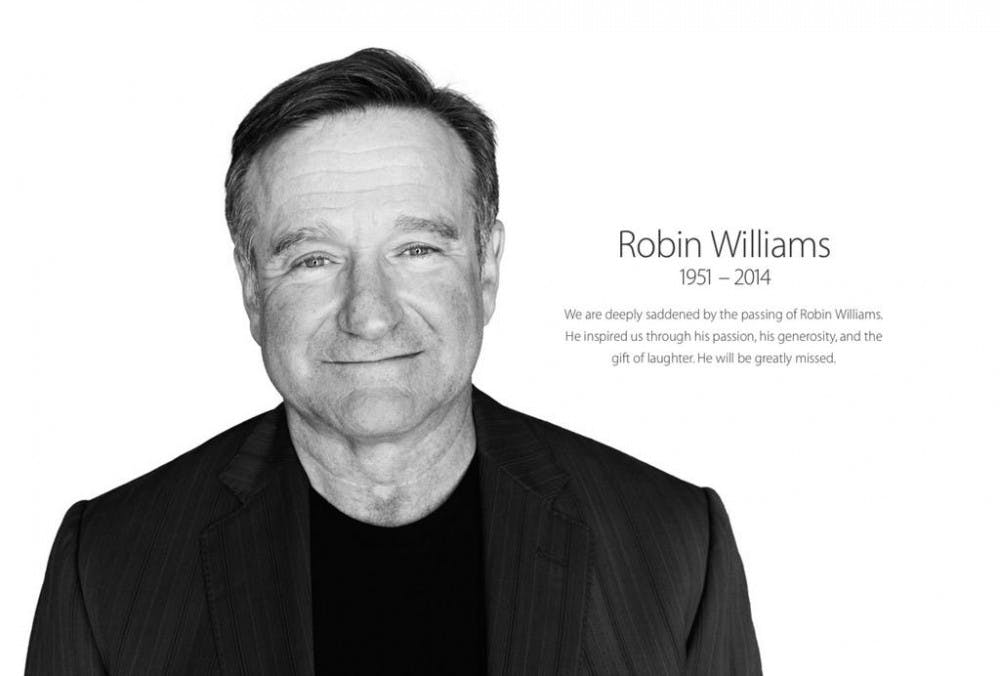
My relationship with my father was extremely complicated. He was charismatic, no doubt; I still remember laughing in the back seat of his Cadillac as he sang along to Radio Disney and the hours he spent encouraging me as he taught me to ride a bicycle. We surfed together, dined on Chinese food and swam in the swimming pool at his apartment.
I’d be lying if I said I don’t have fond memories of my father. There were moments when I absolutely adored and idolized him.
But I also remember his calamitous temper. I remember how frightened I was when he screamed at me after the slightest perceived mistake and the smell of alcohol on his Hawaiian shirts when he picked me up from elementary school. In a fit of anger, my father once told me that he had never met a child as cruel as I, words that haunt me to this day.
When my father died, I was too young to understand the term mental illness. I had been taught in biology class that humans are hard-wired to want to live so the idea that someone could become ill enough to kill himself was incomprehensible. Like many suicide survivors, I wondered what I had done to make my father so sad that he wanted to die, and why he didn’t love me enough to stick around. I also feared the stigma that I would inevitably face if my teachers and classmates discovered my father had taken his life. Would they think he was crazy? Would they think that I was crazy?
The years following my father’s death were very hard. I fought back tears during father-daughter dances at cotillion and pretended not to care that many of my friends’ fathers were warm and affectionate when they picked my friends up from school. As I got older, I became even more confused because I found my life was much more peaceful without my father’s erratic behavior. I wondered if it was truly twisted that some nights I would lie awake feeling grateful that he no longer suffered.
Because I struggled not only to forgive my father for his abandonment but also to forgive myself for my complicated grief, I internalized everything. When I encountered the dreaded question of “how did he die?,” I said I didn’t know (since he was out of the country, this seemed reasonable). I overloaded myself with extracurricular activities and buried myself in all AP and honors classes. If I kept busy, it would almost be like it never happened. Maybe I’d forget I ever had a dad.
Eventually, I realized that trying to pretend my father had not died by suicide was a mistake, and I decided to be truthful with people I trusted. Because people are becoming better educated about mental health matters, most of my friends have been kind and supportive. But it seems society has a long way to go. Some of my acquaintances seem to perceive depression or bipolar disorder as self-pity or weakness rather than bona fide diseases. And there have been other blips: A friend of mine, high on marijuana, laughed hysterically when I finally gathered the courage to tell her about my father’s death, and one of my teachers responded by asking me how he did it.
Mental illness does not discriminate. Many of my heroes — Virginia Woolf, Kurt Cobain, Ernest Hemingway — tragically took their own lives. However, as much as we openly admire the artists, the topic of suicide still remains verboten. That may be changing, however. When Robin Williams killed himself in 2014, people suddenly were discussing honestly and openly the reasons such a talented and admired man could take his own life.
This Saturday, Nov. 21, is International Survivors of Suicide Loss Day. In 1999, Senator Harry Reid, whose own father committed suicide in 1972, introduced a resolution into the U.S. Senate. When it passed, the Saturday before Thanksgiving was designated National Survivors of Suicide Day, a day on which friends and family of those who have died by suicide join together for healing and support. It’s another step toward realizing there’s no stigma associated with being a suicide survivor.





